Międzynarodowa interdyscyplinarna konferencja “Environmental Collaborations: Climate, Migration and Heritage” odbyła się 25 października 2023 w NOMUSie – Nowym Muzeum Sztuki, ul. Stefana Jaracza 14 w Gdańsku.
Wydarzenie zostało zorganizowane w ramach projektu „Schronienie – klimat, migracje, dziedzictwo”.
Podczas konferencji usłyszeliśmy prelegentki i prelegentów będących Partnerami Projektu z Norwegii, Islandii i Polski oraz zaproszonych gości. Konferencja prowadzona była w języku angielskim.
“Environmental Collaborations: Climate, Migration and Heritage”
Interdisciplinary Conference 25 October 2023, 10 a.m. – 4 p.m.
The Organizer: Ethnographic Collection, National Museum in Gdańsk
The Conference Agenda
10:00 – 10:20
The Inauguration of the Conference. The Introductory Speech
10:20-10:30
Shelters. Essays for time of crisis. Presentation of the ebook and upcoming book published by National Museum in Gdańsk Anna Ratajczak-Krajka, dr hab. Sebastian Jakub Konefał, prof. UG
A short presentation of the Authors and their edited essays, as well as covers, layout, photos included in our bilingual monograph, (altogether with some editors’ jokes and memories on the publishing process).
SPECIAL GUESTS:
10.35-10:50
Shelter – Learning by Doing Bahaa Bou Kalfouni (PhD student at Gdańsk University of Technology) and dr inż. arch Gabriela Rembarz, Faculty of Architecture, Gdańsk University of Technology
The video presentation of the results of the elective seminar project entitled “Shelter – Learning by Doing” that was held at Gdańsk University of Technology – Faculty of Architecture in collaboration with the National Museum in Gdańsk (NMG) at the Department of Ethnography during the academic year 2022/2023. This seminar was designed mainly by Bou Kalfouni as project leader for fourth semester architectural students under the coordination of Dr. Gabriela Rembarz and with the assistance of the architect Michal Podgórczyk. The whole process was documented by the artist Ida Bocian and the final work was exhibited on Bałtycki Festiwal Nauki (BFN) and will be presented at MNG.
10:50-11:05 – COFFEE BREAK
PART ONE: Environment as a Shelter or a Shelter for Environment?
11:10 – 11:30
Growing the Environmental Humanities, prof. Dominik Collet, Oslo School of Environmental Humanities, University of Oslo
The Environmental Humanities constitute a new, interdisciplinary field of inquiry that reacts to the multitude of current environmental crises. It aims to re-entangle nature and culture, the sciences and the humanities and academic as well as non-academic practitioners. This talk will present the recent “Oslo School of Environmental Humanities”, a transdisciplinary center and meeting space that connects researchers, artists, activists and societal stakeholders. The presentation will introduce some of OSEHs cooperative designs and experimental formats to challenge disciplinary and communicative fragmentation. It will also sketch one of its collaborations: “Curating Climate” – a forum for museum practitioners, climate communicators and researchers to explore ways of narrating climate change in a museum setting.
11:35-11:55
Anthropological Perspectives on Climate Change, dr hab. Aleksandra Lis-Plesińska, prof. UAM, dr Zofia Boni, Department of Anthropology and Cultural Studies, Department of Anthropology,
Adam Mickiewicz Unversity in Poznań
This paper shows why anthropological perspectives and interdisciplinary research are crucial for a better understanding of how people are affected by climate change and how they experience it. We demonstrate how anthropology investigates climate change through discussing two cases from our own research: how older adults in Warsaw and Madrid embody climate change through urban heat, and how new technologies are used as a form of adaptation.
12:00-12:20
Consequenses of Climate Change Before our Eyes: What can Snæfellsnes do?
Guðrún M. Magnúsdóttir, Project manager of the EarthCheck environmental certification of five municipalities in the Snæfellsnes peninsula
In my presentation I will discuss Snæfellsnes culture, nature, ecological and geological significance, our main industry, population and difference between municipalities. Next, I will go over the EarthCheck program: the story, the environmental management system, the Key Performance Areas and how they relate to Environmental, Cultural, Social and Economic outcomes. Finally, I will discuss our experience of climate change and what we can do with the tools we have through the EarthCheck program – how we can adapt to the changes we are already experiencing and reduce our impact on climate change.
12:30-12:50 – DISCUSSION
13:00-13:30 – LUNCH AND COFFEE BREAK
PART TWO: COMMUNITY AS A SHELTER / A SHELTER FOR COMMUNITY
13.35-14.05
Shelter in Theatre. A manual, Monika Tomczyk with the education team of the City Theatre ‘Miniatura’
Monika Tomczyk, together with the education team of the City Theatre ‘Miniatura’ will present good practices for the development of well-being through performative activities. The performance will focus on theatre in the body (internalized and sensorial) and the theatre in nature, as well as in the culture of our city. Ecological cooperation and networking within the framework of EDUCATION TO CULTURE. GDAŃSK will be also an important factor.
14.10-14.30
Know Your Rights – Knowledge is Power, Ólöf Embla Eyjólfsdóttir, Icelandic Human Rights Centre
The Icelandic Human Rights Centre has a long-running emphasis on reaching the immigrant community in Iceland in order to ensure that people are informed of their rights. The talk will cover some of the projects we have partaken in, why we think this work is important and what we hope to achieve through it.
14:35-14:55
PubLIB for Immigrants & Refugees, prof. Roswitha Skare, UiT, The Arctic University of Norway
Short presentation about the research project Public Libraries for Refugees (https://sites.google.com/view/publib-for-refugees/home) and presentation of the results from a study that investigated how public libraries in Poland are responding to the influx of Ukrainian refugees. Questions asked were: What roles are libraries playing in a broader response? What specific types of programs and information services are they developing and what types of partnerships are libraries forming, if any? What are the implications for library management and staff and their professional responsibilities and/or competencies? What museums can learn from public libraries?
15:00-15:20
Community Co-Creation: The role of cultural institutions in the inclusion of Immigrants in Iceland,
Lara Hoffmann, PhD student at the Unversity of Akureyri, dr Anna Wojtyńska, School of Social Sciences, University of Iceland, dr. Dögg Sigmarsdóttir, project manager for civic participation at the Reykjavik City Library
Where are spaces of encounters in our communities? The project Community Co-Creation is an exploration journey around Iceland that includes stops in libraries, museums, cultural centers, and artist residencies in urban and rural regions. It explores the possible impact of art methods in working with immigrant communities and re-evaluates the purposes of public spaces like the library for a more inclusive society.
15:25-15:40 – DISCUSSION AND COFFEE BREAK
16.00 – CLOSING of the conference
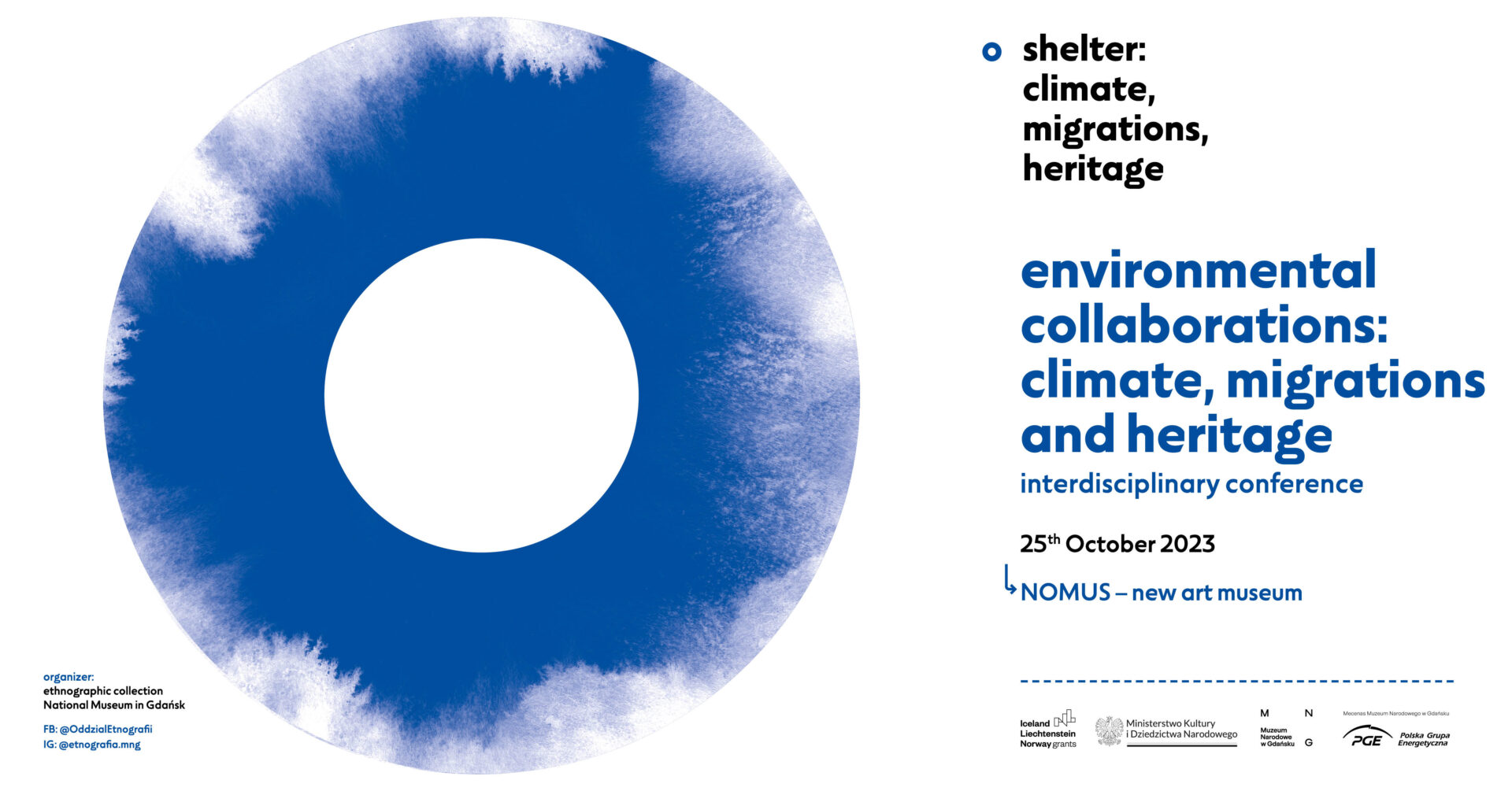
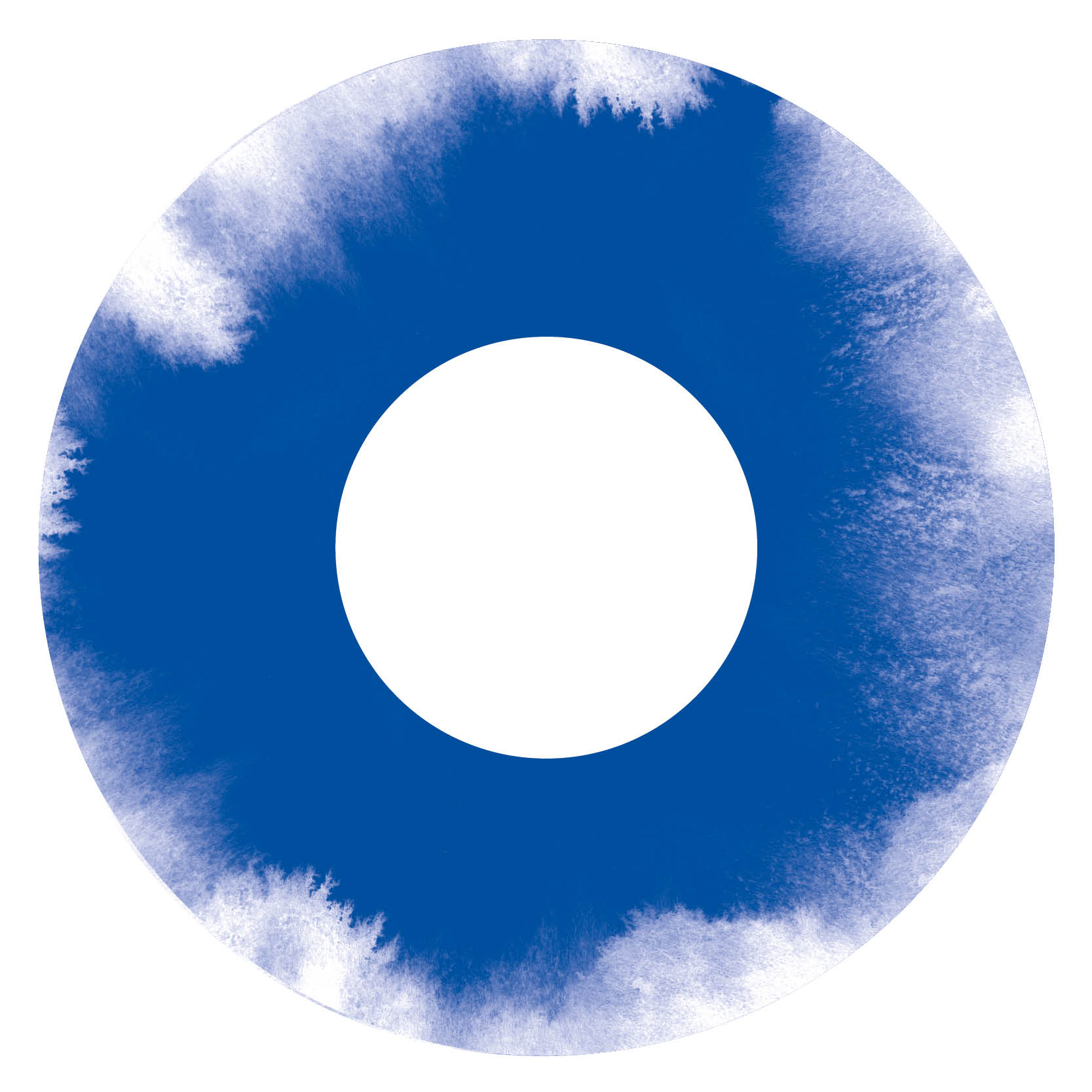

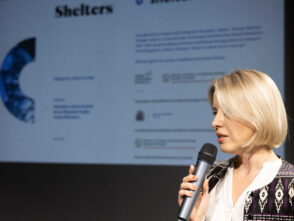
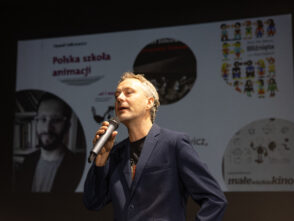
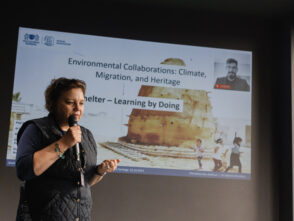
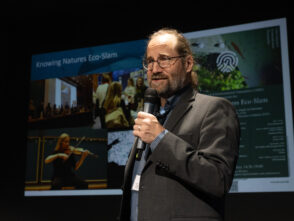
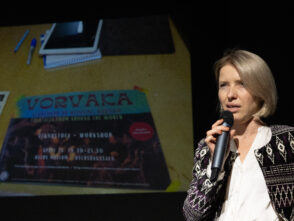

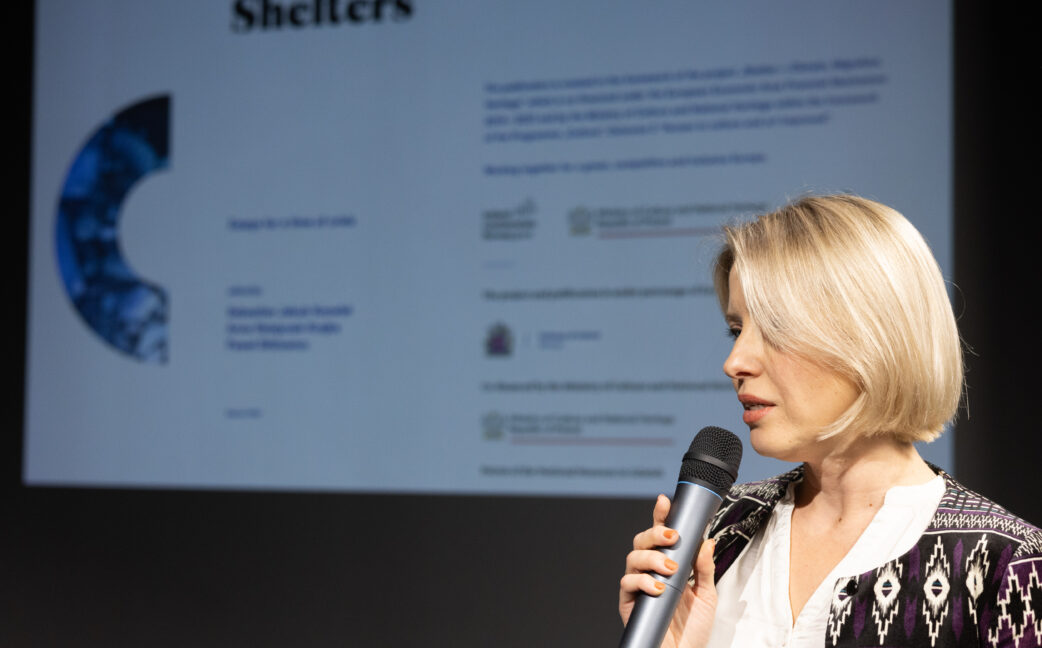
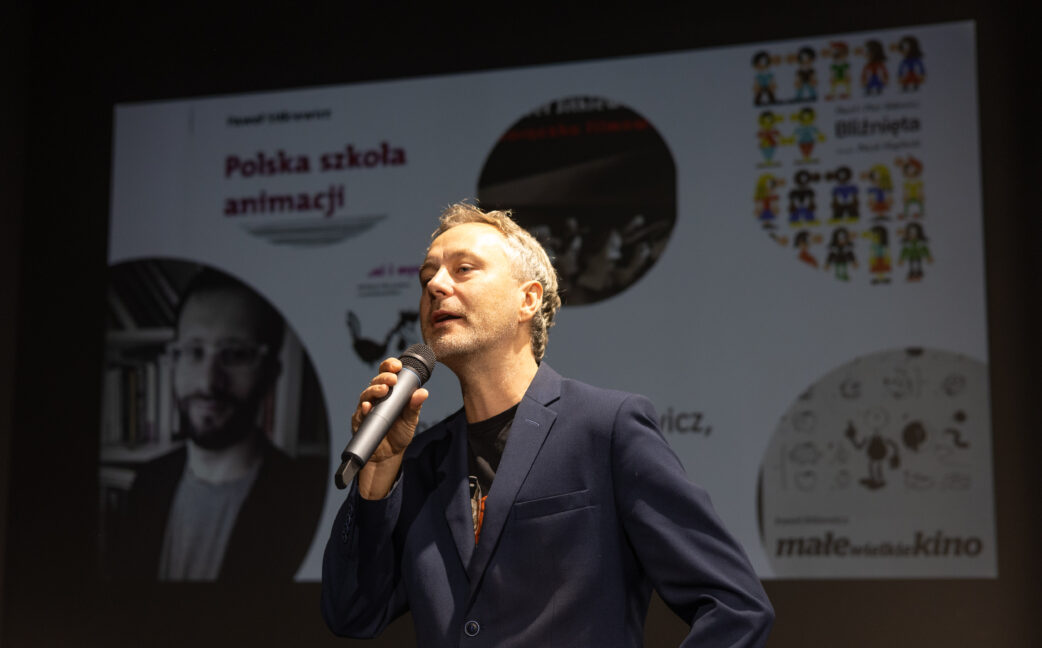
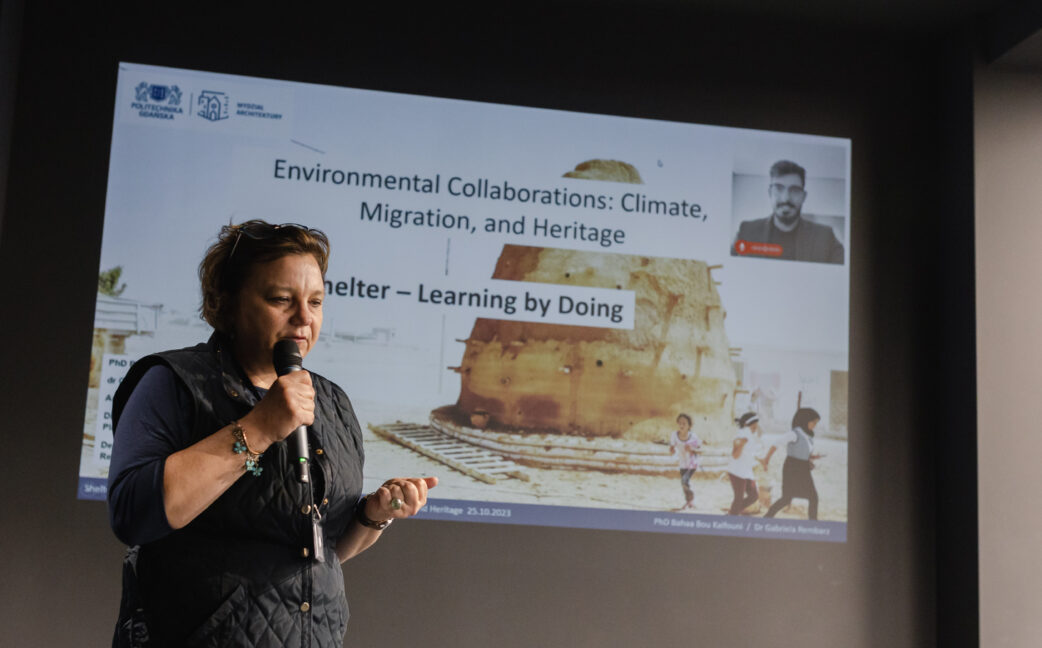
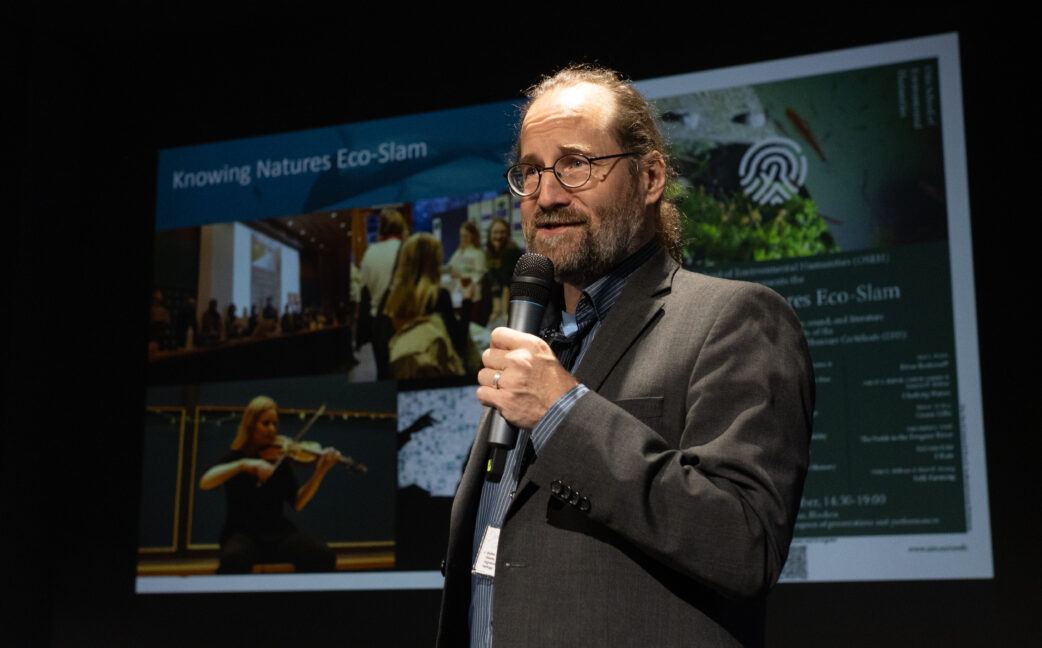
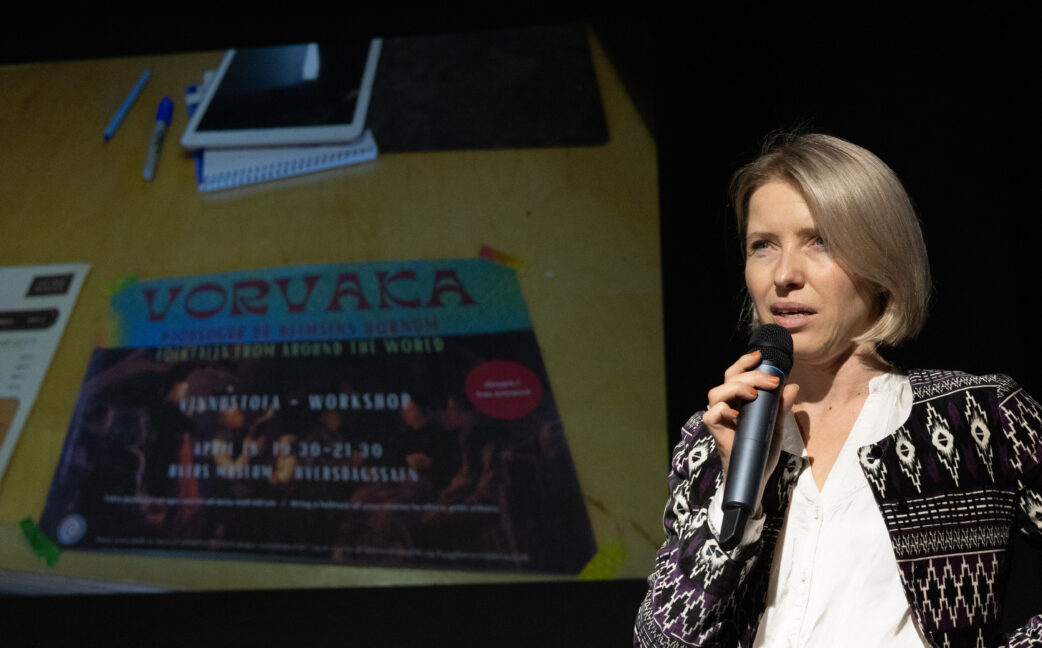
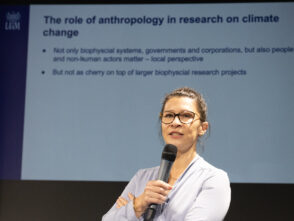
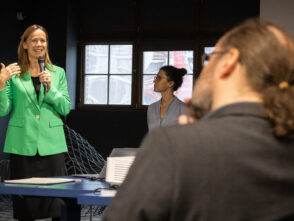
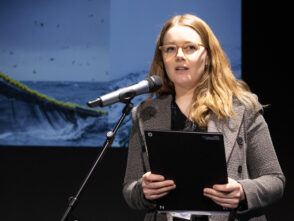
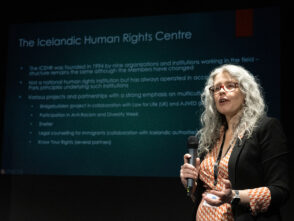
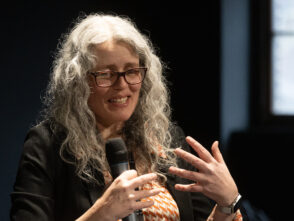
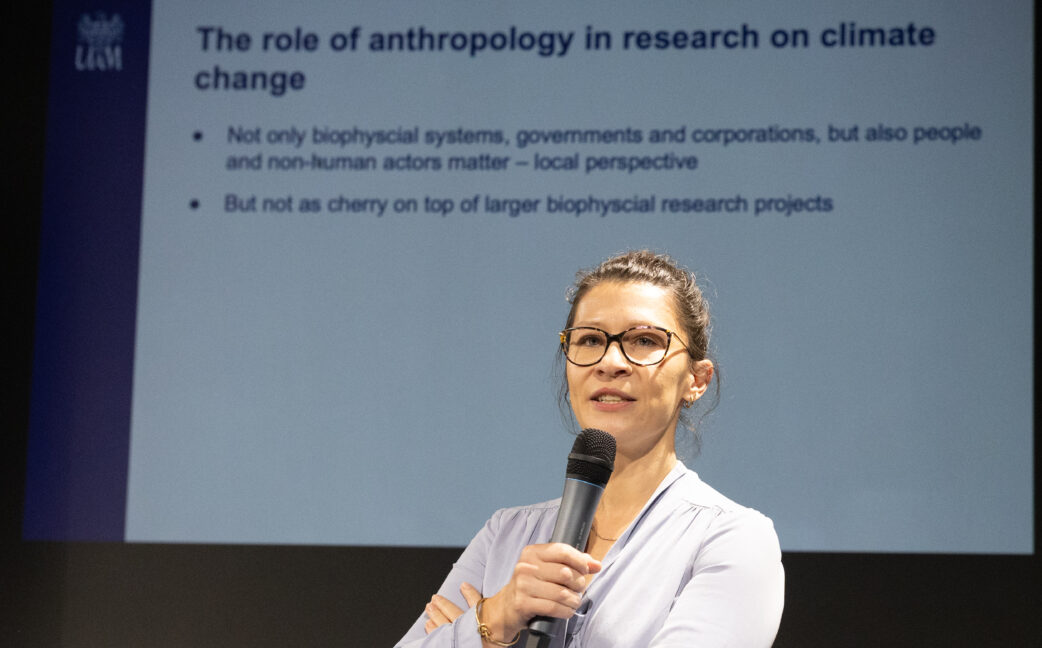
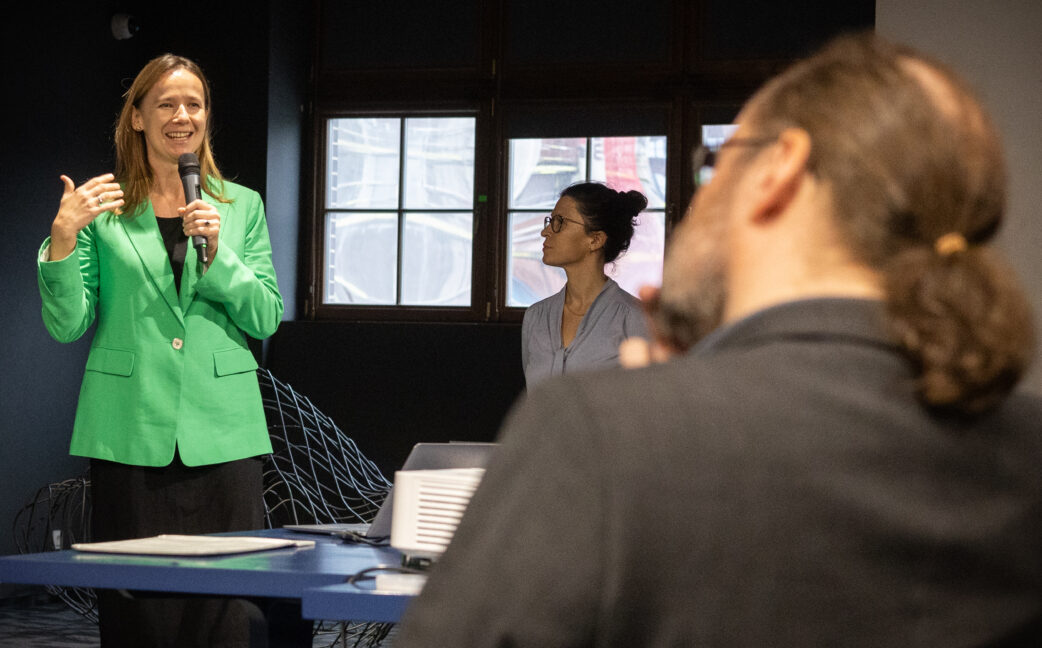
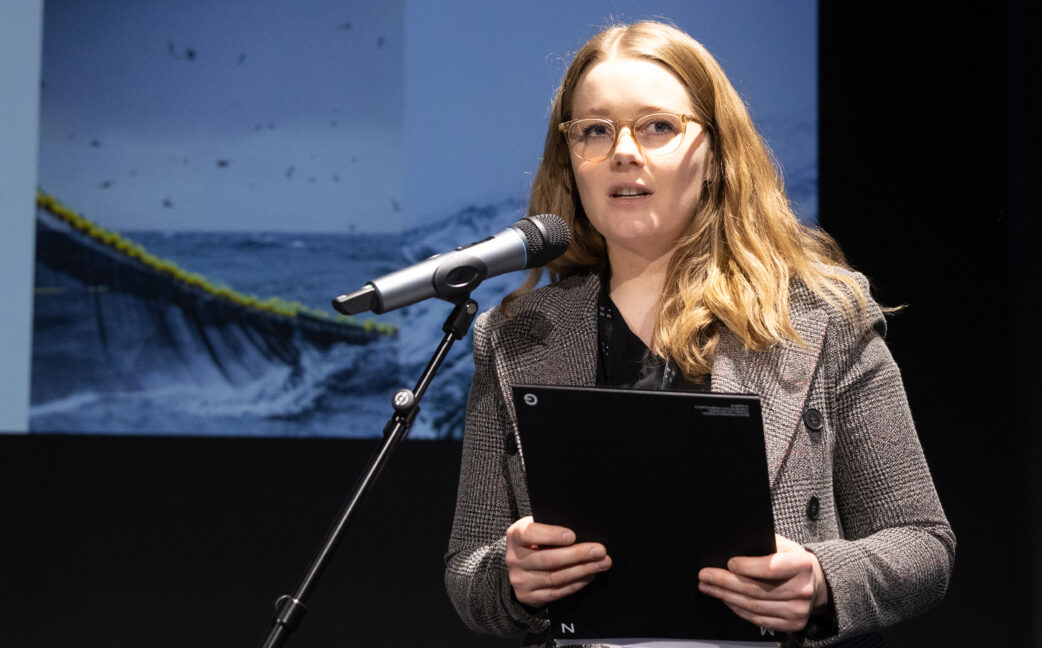
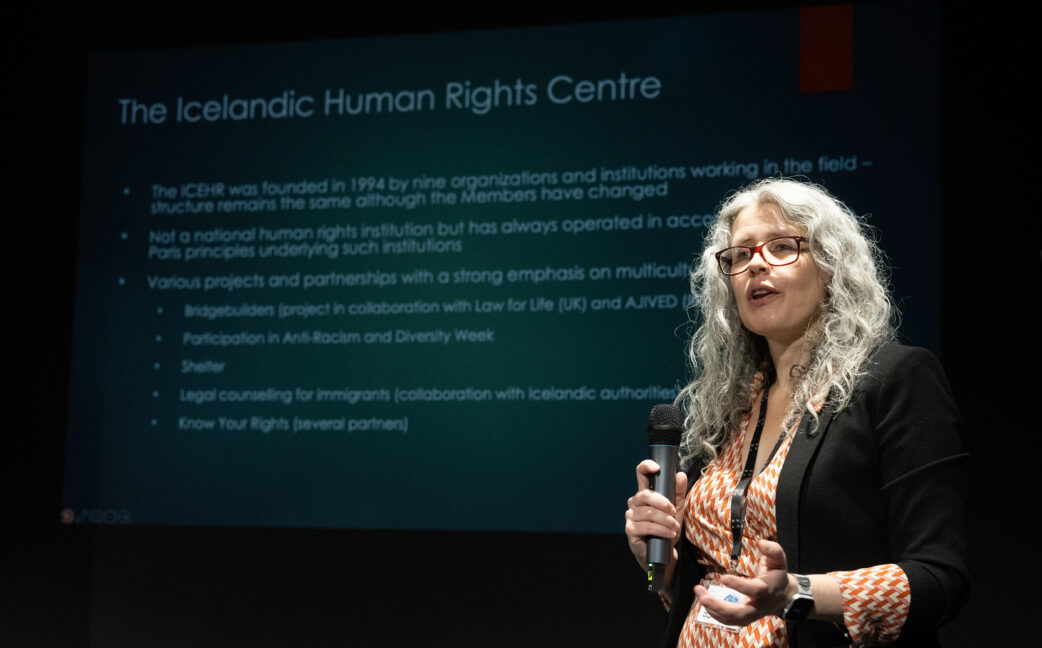
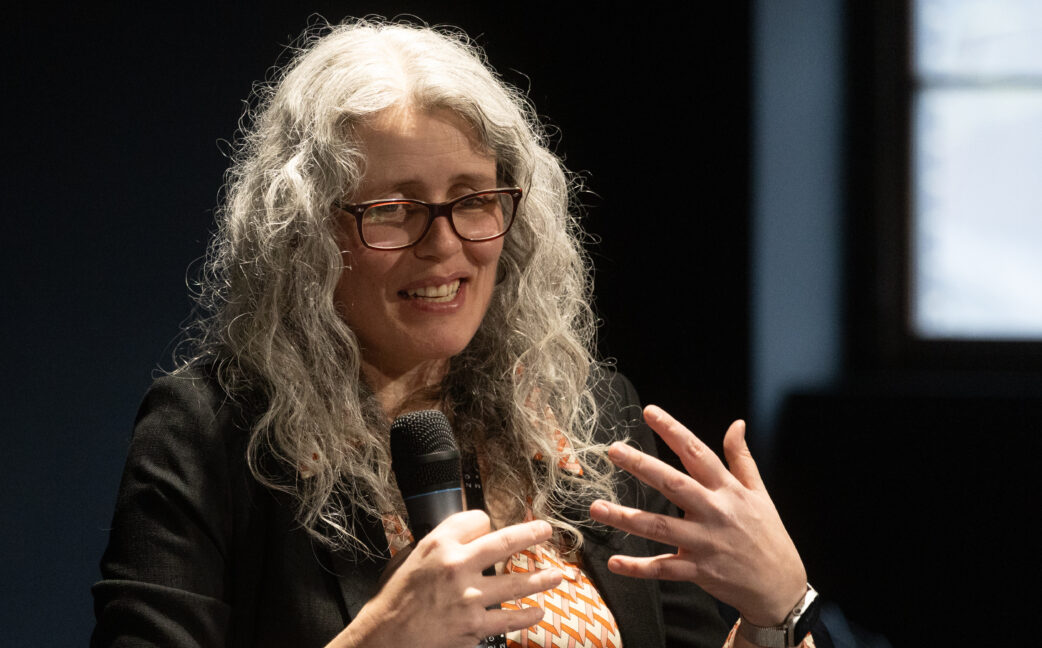
 Poprzedni
Poprzedni